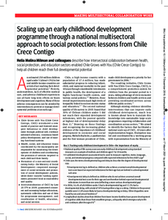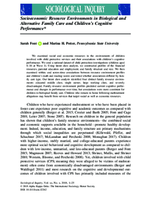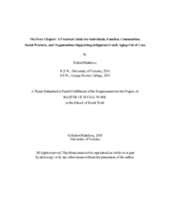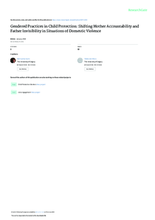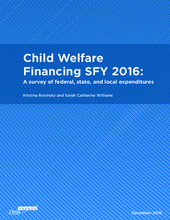This page contains documents and other resources related to children's care in the Americas. Browse resources by region, country, or category.
Displaying 1531 - 1540 of 3116
The purpose of this study is to explore child welfare workers' perspectives on ethnic matching in child welfare service delivery.
This article describes how intersectoral collaboration between health, social protection, and education sectors enabled Chile Grows with You (Chile Crece Contigo) to help all children reach their full developmental potential.
The authors of this article examined social and economic resources in the environments of children involved with child protective services and their associations with children's cognitive performance.
This research utilized Indigenous methodologies rooted in oral traditions, storytelling practices, and the Medicine Wheel teachings to examine how individuals, families, communities, social workers, and organizations can assist Indigenous youth who are aging-out of foster care and are transitioning into adulthood.
This chapter from the Handbook of Parenting and Child Development Across the Lifespan explores five domains of research connecting social support and parenting: (1) intergenerational transmission of parenting; (2) community and neighborhood; (3) marriage quality; (4) grandmothers; and (5) offline and online friends.
In this study, the authors assessed differences in the risk of early motherhood among low-income, maltreated, and foster youth and investigated whether differences likely reflect selection factors versus effects of involvement with Child Protective Services (CPS) or foster care.
This article illuminates current child protection services (CPS) worker practices in situations of domestic violence in Alberta, Canada where inclusion and exclusion decisions are made for service provision, and the ways in which documents reflect these day-to-day practices.
Nurturing Strangers focuses on loving nonviolent re-parenting of children in foster care. This book is a jargon-free mix of narrative and real-life case studies, together with the theory and practice of nonviolence.
This article from the Washington Post describes how families in the US are often separated permanently due to the incarceration of a parent.
Child Trends conducted this 10th national survey of U.S. child welfare agency expenditures to promote an understanding of the challenges and opportunities agencies face in serving vulnerable children. This report is part of an array of resources compiled from the survey’s findings.


